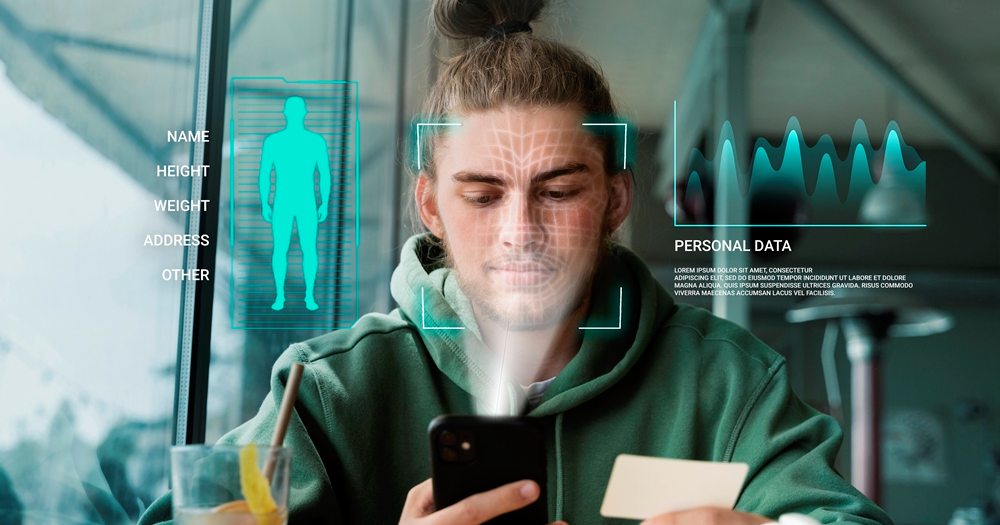Can AI forecast future health?

Imagine getting a weather forecast — but for your health. That's what a new AI model promises: probabilities, not predictions, of what your body might face over the next decade.
The system, Delphi-2M, can crunch your medical history and lifestyle data and spit out the odds of developing more than 1,200 diseases — from diabetes to heart attacks.
Prof. Ewan Birney of the European Molecular Biology Laboratory is practically giddy:
"Just like weather, where we could have a 70 per cent chance of rain, we can do that for healthcare. And we can do that not just for one disease, but all diseases at the same time - we've never been able to do that before. I'm excited."
How does it work?
Think of Delphi-2M as a health-risk radar. It doesn't just look at one thing — it looks at everything.
- The data haul: It was trained on anonymized records from over 400,000 people in the UK Biobank.
- The real-world test: Researchers ran it against 1.9 million Danish health records — and the model's predictions lined up eerily well.
- The sweet spot: It's especially good at spotting diseases with clear patterns — type 2 diabetes, heart attacks, sepsis.
- The output: No scary "you'll get this in 2032." Instead, you get a probability score, a health weather forecast.
As Birney puts it: "If our model says it's a one-in-10 risk for the next year, it really does seem like it turns out to be one in 10."
Why does it matter?
This is more than just a geeky AI milestone — it could shift medicine from reactive to proactive.
- Catch high-risk patients before they get sick.
- Nudge lifestyle changes that actually stick (think: "Your liver risk is rising, cut the booze now").
- Plan for the future: health systems could know, in advance, how many heart attacks to expect in a city by 2030.
Prof. Moritz Gerstung from DKFZ sums it up: "This is the beginning of a new way to understand human health and disease progression. Generative models such as ours could one day help personalise care and anticipate healthcare needs at scale."
The context
We're still in the lab phase — no doctor is pulling up Delphi-2M during your next check-up. The model leans on data mostly from people aged 40 to 70, which means it still needs more diverse inputs. And yes, regulators will want to stress-test it before it is used on real patients.
The researchers are already layering in new data: genetics, imaging, blood work — making the predictions sharper. Birney says the rollout might mirror genomics, which took about a decade to go from cool research to standard hospital use.
Prof. Gustavo Sudre, a neuroimaging and AI researcher at King's College London, says it bluntly: "This research looks to be a significant step towards scalable, interpretable and - most importantly - ethically responsible predictive modelling in medicine."
Translation? It's a breakthrough, but one we need to roll out carefully. The tech is ready. Now it's up to medicine — and policy — to catch up.
💡Did you know?
You can take your DHArab experience to the next level with our Premium Membership.👉 Click here to learn more
🛠️Featured tool
 Easy-Peasy
Easy-Peasy
An all-in-one AI tool offering the ability to build no-code AI Bots, create articles & social media posts, convert text into natural speech in 40+ languages, create and edit images, generate videos, and more.
👉 Click here to learn more


